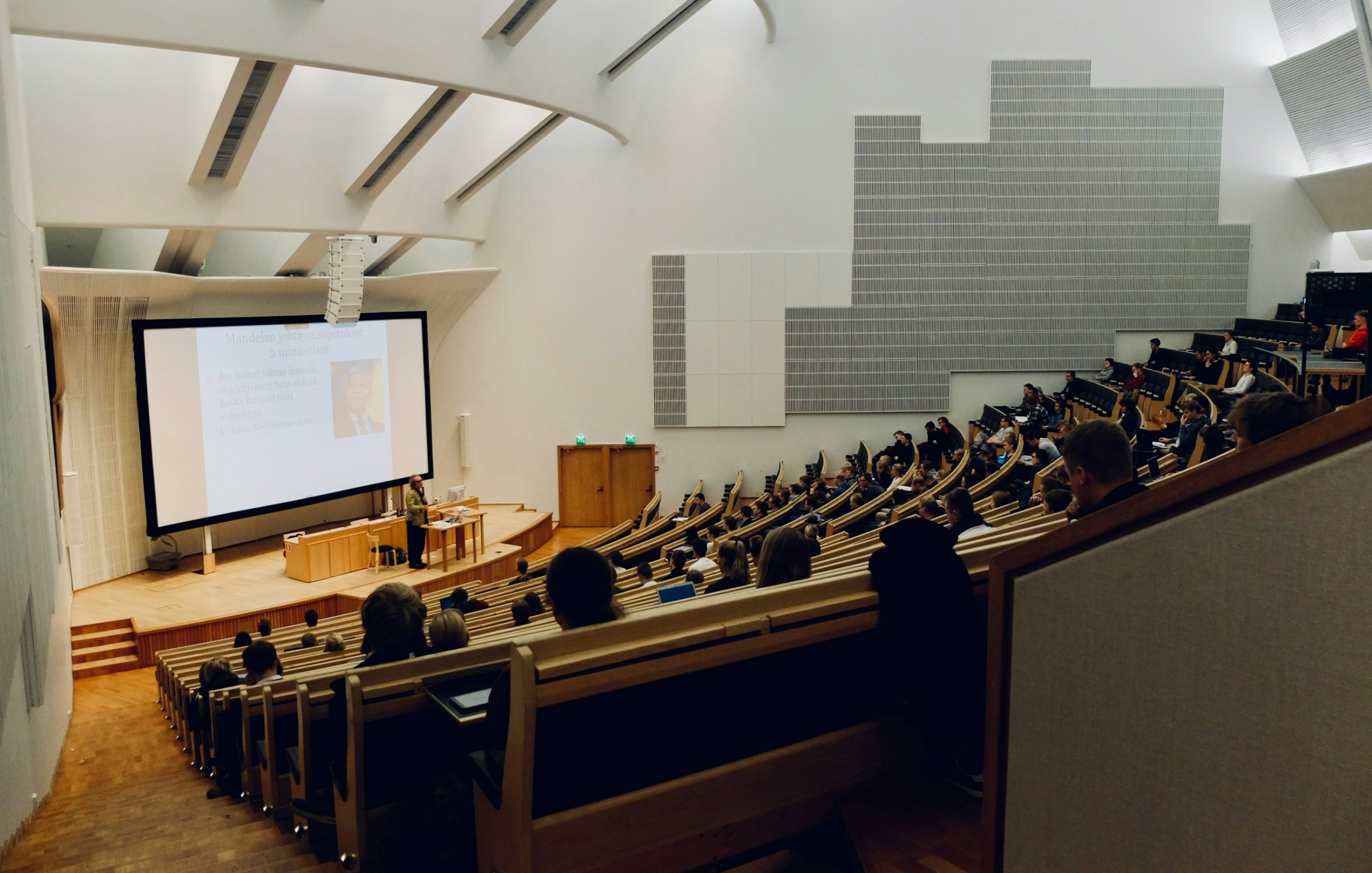At a glance
IFF Research were commissioned by the University of Hertfordshire (UoH) to help them better understand the changing academic needs of students in light of an anticipated return to on-campus teaching and learning in September 2021. Research findings from student focus groups allowed UoH to explore what ‘an ideal day’ looks like to students following a return to campus, and uncover how academic delivery and curriculum can best be adapted to meet new expectations around timetabling.
About the client
The University of Hertfordshire has been an innovative force in education since the early 1950s. Today, it hosts a thriving community of more than 30,000 students who study 550-degree options at a vibrant, inclusive, campus-based institution. Alongside high-quality teaching, the University’s strong relationships with industry and award-winning careers services ensure students gain the knowledge and skills they need to match their ambition and succeed.
Challenges and objectives
Over the last 18 months, the move to fully online learning has not only changed the way students learn, but also their perceptions around contact hours, flexible learning and use of technology (amongst others). Whilst there is some sector-wide evidence to suggest university students would generally prefer a return to face-to-face learning, UoH required a more granular understanding of how to put in place a return to campus study that would enhance student experience. This included how best to support blended learning delivery and, if required, fully online learning.

“In a difficult year for students with the social restrictions in place during the pandemic, IFF helped us to understand the impact of this on the student experience and particularly groups of students that were most affected and why. The research created a platform for direct conversation with students to discuss creative solutions to improve student interaction and experience, many of which have since been implemented.”
Simon Hume,
Head of Insight and CRM Marketing and Communications
Solution
IFF conducted eight 90-minute online focus groups with current students at the UoH. To ensure that views from a range of student views were heard, groups were stratified by the following categories:
- 2 groups with home students living in on-campus accommodation
- 2 groups with home students who commute to campus for study
- 2 groups with international students living in on-campus accommodation
- 2 mixed groups (home and international students, commuter students and those living in on-campus accommodation)
Respondent year groups also ranged from first year undergraduate to PhD level across a range of subject areas.
Group discussion involved mapping out an ‘ideal study day’ in terms of total time on campus, the start and end of seminars and lectures, and how students want to use their time in between timetabled sessions. The groups also explored preferences around: flexible learning, how technology is used, accessed and delivered for learning, assessment and feedback and support needs, when considering the full academic year. Key differences in academic experience between home, international, commuter and students living in on-campus accommodation were highlighted in analysis.
IFF produced a highly visual report, providing clear actionable recommendations for structuring academic timetables to best meet the needs of different student groups returning to on-campus learning.

Impact
The research conducted supported UoH in developing an evidence base for considering change in academic timetables. It was able to identify clear consensus on a range of issues, including preference for delivery, time on campus, use of technology for teaching and learning, and the importance of networking opportunities that are embedded into the curriculum.




